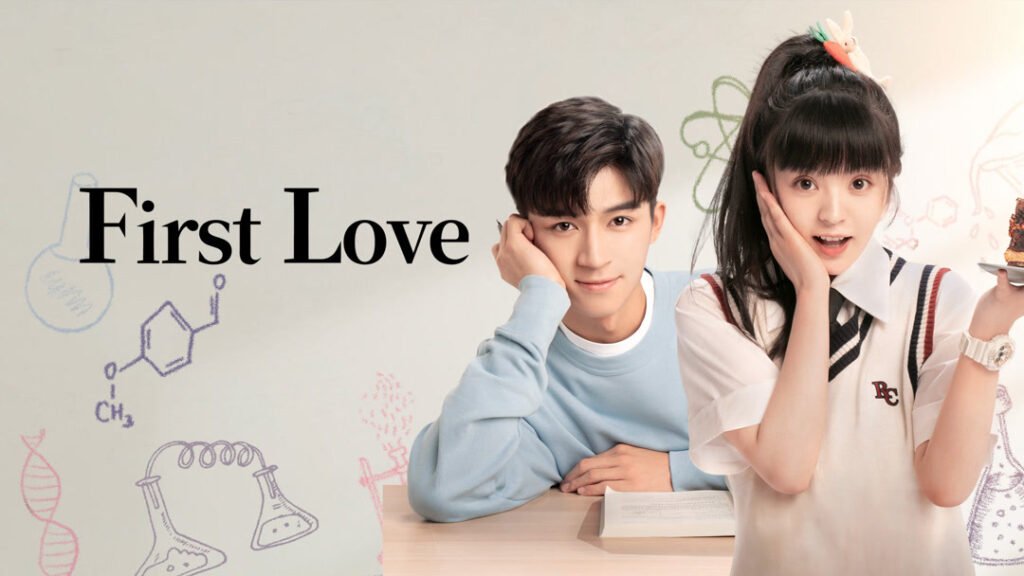Introducation
First love is a universal experience that leaves a lasting impression on almost everyone. It is often described as a unique, unforgettable emotion that captures the innocence, intensity, and excitement of discovering romantic feelings for the first time. Unlike later relationships, first love is often accompanied by pure curiosity, nervous excitement, and deep emotional intensity.
The experience of first love usually occurs during adolescence or early adulthood, a time when individuals are developing their emotional and social identities. During this period, people learn to navigate feelings of attachment, affection, and attraction. The memories of first love often remain vivid because they are tied to formative experiences and intense emotions, which make them deeply memorable.
Emotional Impact of First Love
First love has a profound emotional impact. It often evokes feelings of happiness, butterflies in the stomach, and even anxiety. The brain releases dopamine and oxytocin, chemicals that increase feelings of pleasure and attachment, which makes first love incredibly intense. This emotional high can shape how individuals perceive relationships in the future.
However, first love can also bring pain and heartbreak. Many people experience rejection, misunderstandings, or breakups during their first romantic encounter. These experiences, while difficult, teach important lessons about communication, empathy, and emotional resilience. In many ways, first love serves as a stepping stone for emotional growth.
Psychological Significance
Psychologists often note that first love contributes significantly to personal development. Experiencing these strong emotions helps individuals understand their own needs, boundaries, and preferences in relationships. It also fosters empathy and emotional intelligence, skills that are crucial for maintaining healthy long-term relationships.
Moreover, first love often serves as a reference point for future romantic experiences. People frequently compare later relationships to their first love, whether consciously or unconsciously. This comparison can influence expectations, behaviors, and emotional responses in subsequent relationships.
Cultural Perspectives on First Love
First love has been a popular theme in literature, music, and cinema across cultures. From classic novels to modern movies, stories about first love evoke nostalgia and connect with audiences universally. In many cultures, first love is seen as pure and idealistic, representing the innocence of youth. Songs and poems about first love often highlight the beauty, joy, and sometimes the heartbreak associated with it.
Lasting Memories and Life Lessons
Even when first love does not last, it leaves lasting memories. People often remember the excitement of the first date, the nervousness of confessing feelings, and the joy of being cared for deeply for the first time. These memories shape one’s understanding of love and help build emotional resilience.
Additionally, first love teaches valuable life lessons. It helps individuals navigate the complexities of relationships, understand emotional vulnerability, and recognize the importance of communication and trust. These lessons often guide people in future relationships, helping them cultivate deeper and more meaningful connections.
Conclusion
First love is more than just a fleeting romantic experience; it is a powerful, transformative part of human life. Its intensity, emotional impact, and lasting memories make it a unique chapter in every person’s story. Whether joyful or heartbreaking, first love shapes who we are, influencing how we experience love and relationships throughout our lives. It is a universal journey that leaves a mark on the heart, reminding us of the beauty and complexity of human emotions.
